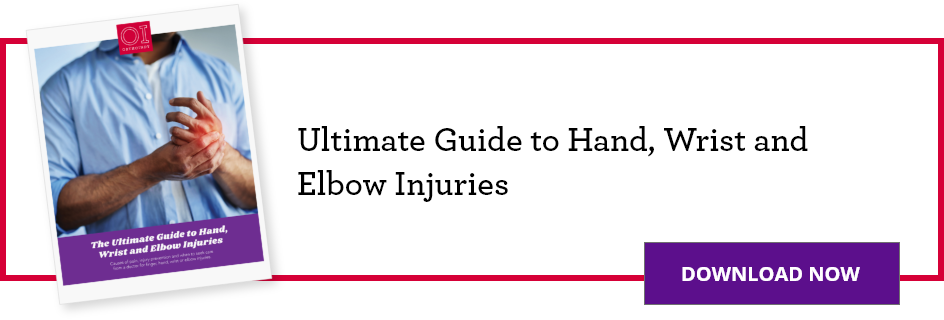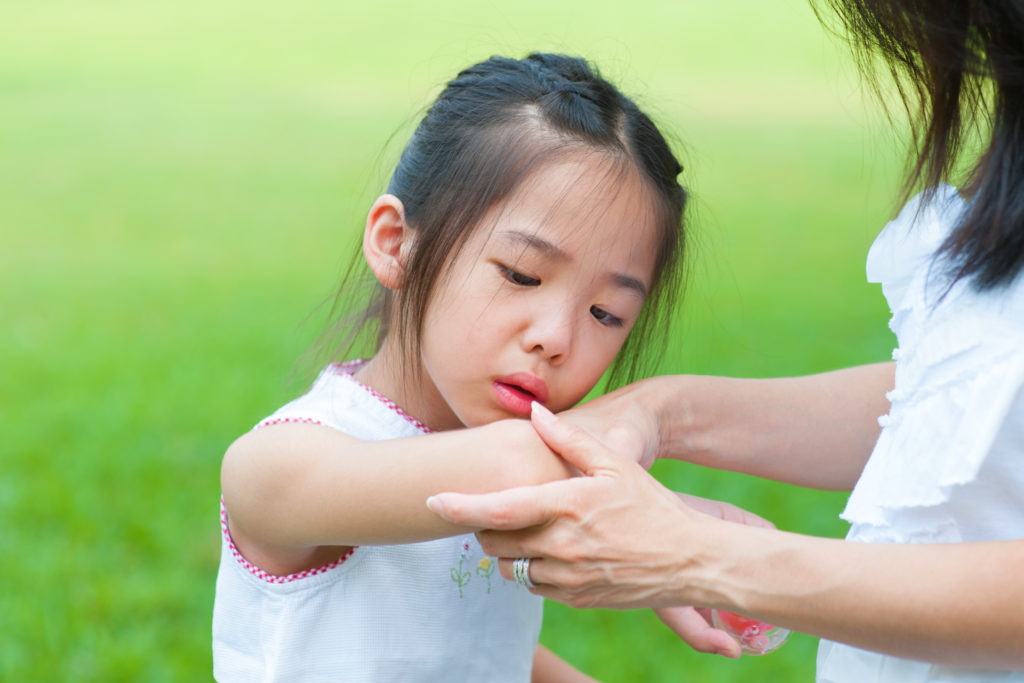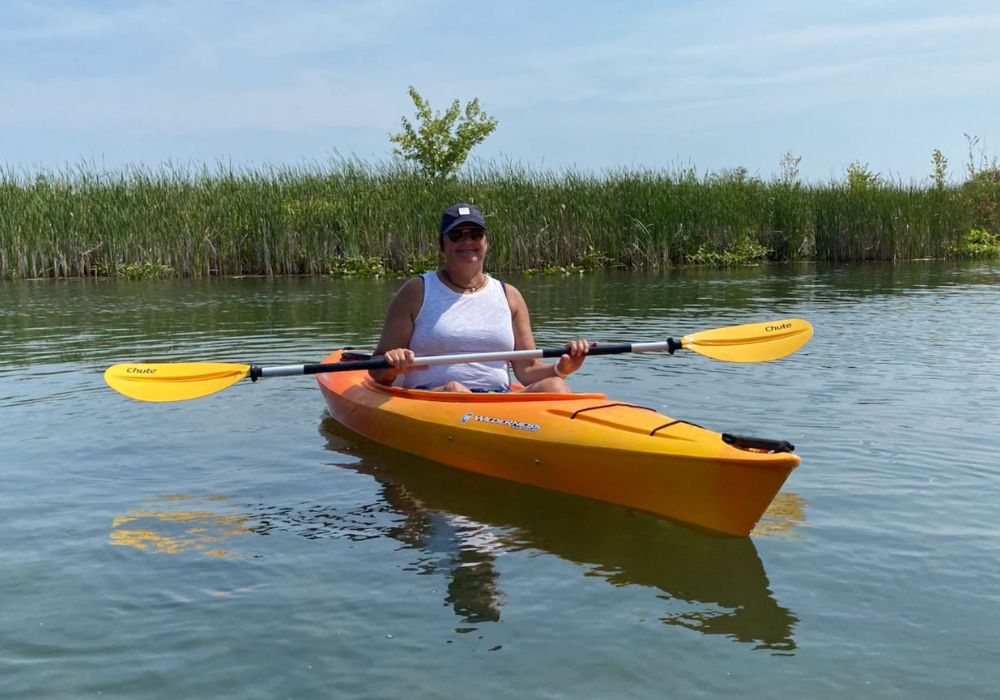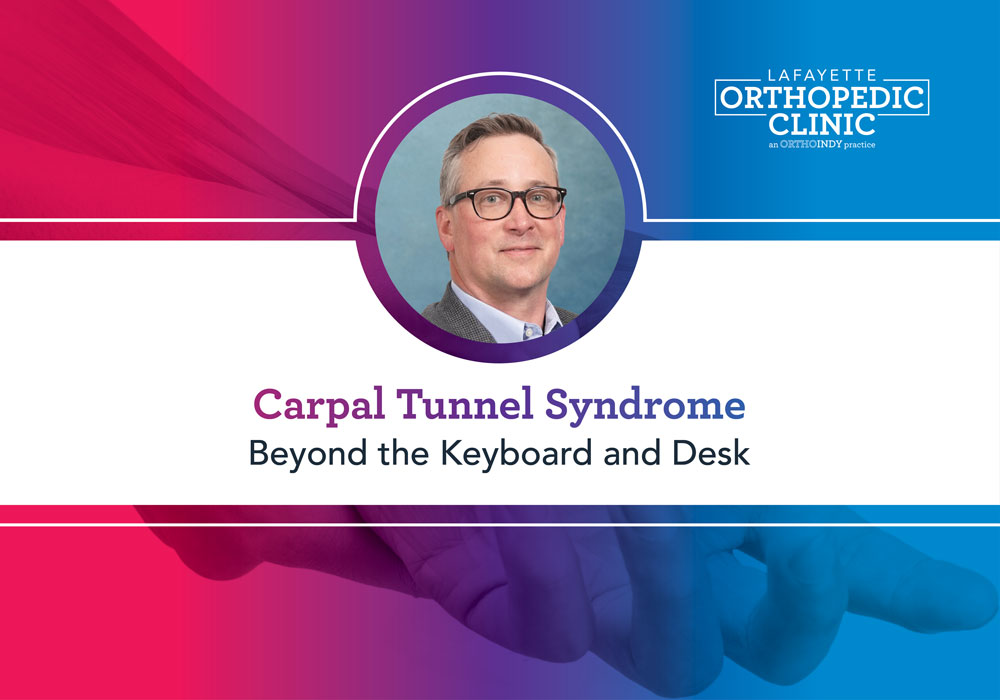THIS POST IS PART OF THE ULTIMATE GUIDE TO HAND, WRIST AND ELBOW INJURIES
Nursemaid’s elbow, also known as a “pulled elbow,” happens when a child’s elbow is pulled out of place or it has partially dislocated.
It’s an injury that is slightly more common in females. In most nursemaid’s elbow cases the child refuses to use the elbow and holds the arm slightly flexed with the palm down.
FIND A HAND, WRIST OR ELBOW SPECIALIST AT ORTHOINDY
What is nursemaid’s elbow?
It is when there is a partial separation of the radiocapitellar joint. The head of the radius partially dislocates (subluxates) from the joint. The radiocapitellar joint acts as a hinge or a ball and socket joint for the elbow, allowing for flexion/extension and rotation of the forearm.
The ligament then slips out of place and gets caught between two bones of the elbow joint. This is due to the fact that the strong tissues that help attach the bones in the elbow together are not fully formed when a child is between the ages of one and seven, making the injury a recurring issue for children.

Why is it called nursemaid’s elbow?
Nursemaid’s elbow is a common early childhood injury that usually occurs in children ages one to four. However, it can happen anytime from birth to age seven.
What causes nursemaid’s elbow?
- Pulling a child up by the hands
- Swinging a child by holding the hands or wrists, which can put stress on the elbow joint
- Jerking an arm when pulling a toddler along or quickly grabbing his or her hand
- Breaking a fall by reaching an arm out for protection, which can overextend the elbow, causing the ligament to slip
What does nursemaid’s elbow feel like?
Typically the child will have no swelling, bruising or any other sign of a serious injury besides pain.
However, moving the injured arm will be painful and a child may refuse to bend or twist the arm, hanging it by their side. This is a sign they need medical attention.
How do you treat nursemaid’s elbow?
See a physician right away if you believe your child has dislocated their elbow. Typically, the physician will move the bones and put them back in the correct position.
The physician will move the arm so that the hand is facing palms up and he will slowly bend the elbow until he hears a pop or clicking noise. This will indicate that the joint is back in place.
Immobilization is typically not needed after the reduction.
How long does it take to recover from nursemaid’s elbow?
Once the physician has put the bones back in their normal position, it should alleviate most of the pain for the child.
Be mindful that once the injury occurs the chances of it happening again increases so take extra caution when playing or picking your child up by the arms or hands.
Learn more about hand, wrist and upper extremity care at OrthoIndy
Schedule an appointment
Your well-being is important to us. Click the button below or call us to schedule an appointment with one of our orthopedic specialists. If your injury or condition is recent, you can walk right into one of our OrthoIndy Urgent Care locations for immediate care. For rehabilitation and physical therapy, no referral is needed to see one of our physical therapists.





